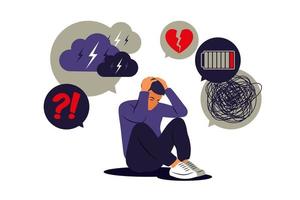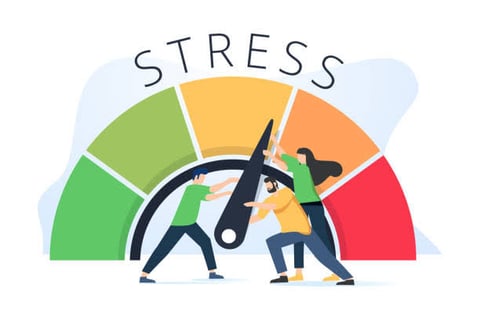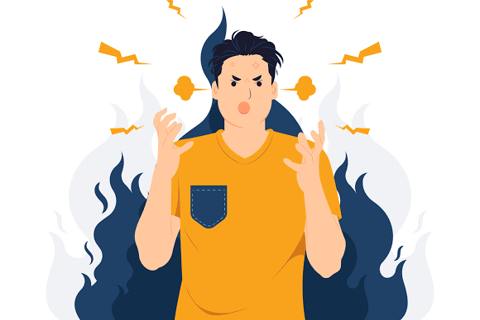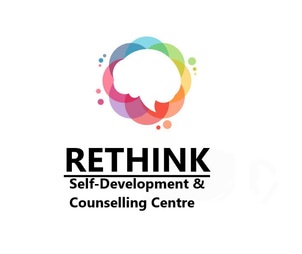Mental Disstresses
There are mainly 4 types of Mental Distresses :
Anxiety
Depression
Stress
Anger Issues
Anxiety is a common mental health condition that can be triggered by various factors. It is characterized by feelings of unease, fear, and worry, which can significantly impact an individual's daily life. The reasons behind anxiety can vary from person to person, ranging from genetics and brain chemistry to environmental stressors and traumatic experiences. Managing anxiety requires a multifaceted approach, including therapy, medication, and lifestyle changes. It is important to identify triggers and develop coping mechanisms to reduce anxiety symptoms. Left unmanaged, anxiety can severely affect one's lifestyle, causing trouble in relationships, work performance, and overall well-being. However, with the right strategies and support, individuals can effectively manage anxiety, leading to a healthier and more fulfilling life.
ANXIETY


DEPRESSION


Depression is a complex mental health condition that can be caused by a variety of factors. It may stem from genetic predisposition, life events such as trauma or loss, or even certain medical conditions. It is important to recognize the signs of depression and seek help promptly. Taking care of oneself is crucial in managing this condition, including practicing self-care, maintaining a healthy lifestyle, and seeking support from loved ones or professionals. Depression can have a profound impact on a person's life, affecting their relationships, work, and overall well-being. It can lead to feelings of hopelessness, fatigue, and a loss of interest in activities. However, with the right treatment and support, individuals can learn to manage their symptoms and lead fulfilling lives.
Stress and anxiety are often confused, but they are distinct. Stress is the underlying factor that leads to depression, a mental health disorder. Stress can have a significant impact on an individual's well-being, affecting their physical and emotional health. It can manifest in various ways, such as difficulty concentrating, irritability, and even physical symptoms like headaches or stomachaches. To reduce stress, it is essential to identify its sources and find healthy coping mechanisms. This may involve engaging in relaxation techniques like deep breathing or meditation, seeking support from loved ones or professionals, and practicing self-care activities such as exercise or hobbies. It is crucial to prioritize stress reduction in order to maintain a balanced and fulfilling life.
STRESS


ANGER ISSUES
Anger issues can have a profound negative impact on a person's life and relationships. It is important to learn how to control one's anger in order to prevent potential damage. There are various techniques and strategies that can be employed to manage anger effectively. Taking deep breaths, counting to ten, or engaging in physical activities like exercise or meditation can help in calming down. Additionally, seeking professional help from a psychologist is also a viable option if needed. They can provide guidance and support in understanding the underlying causes of anger and develop coping mechanisms to better manage it. Remember, it is crucial to address anger issues in order to lead a healthier and happier life.


